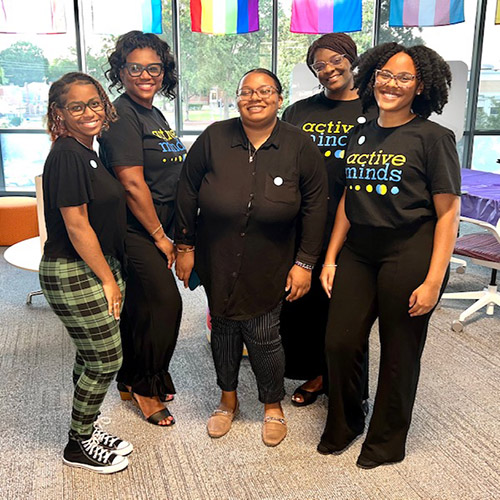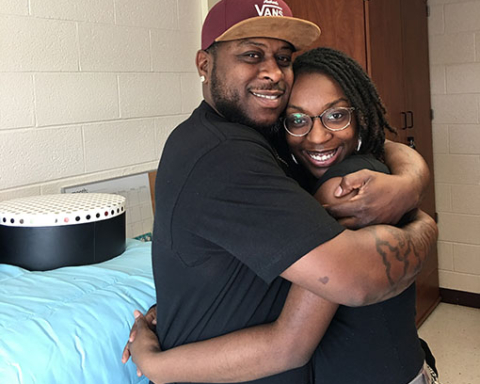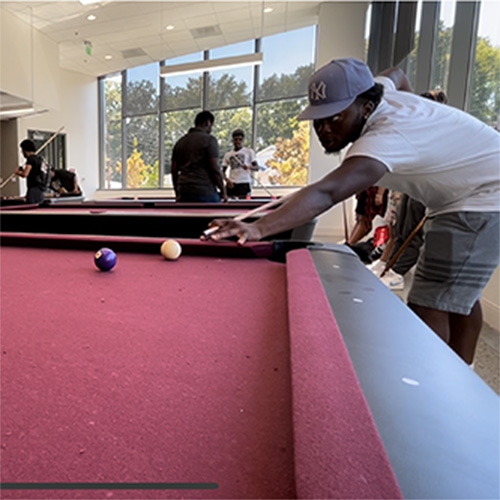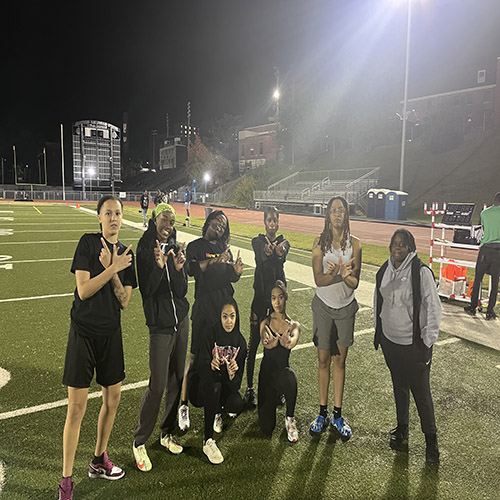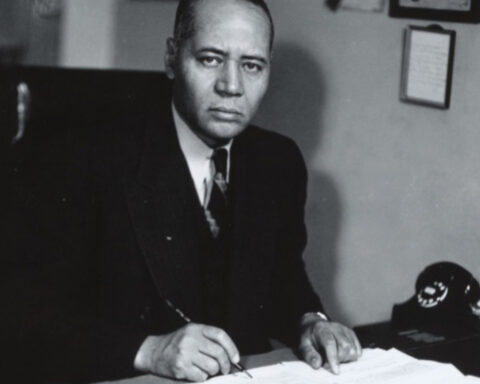Students who suffer from mental health disorders can visit North Carolina Central University’s Counseling Center for a number of resources.
Being in a new environment, managing independence, and academic responsibility are the most common reasons for a developing mental issues in students. According to a survey by Active Minds, 60% of college undergraduates have trouble accessing mental health care outside of their universities. This occurs mostly because of transportation and insurance issues students face looking for counseling centers in their area.
61% of college students seek counseling for anxiety, depression, academic performance, family issues, and relationship problems, according to Stress.org.
Most colleges recognize the need for on-campus support, and implement counseling centers within their health services to address these issues.
“I’m glad that something like mental health service is included in our college healthcare,” said Jailynn Algood, an Education student. “I know that counseling can be expensive, and we really need those types of support systems while we go through college. Us students carry so much baggage, and we mostly do it silently.”
The NCCU Counseling Center provides a range of programs focusing on different issues students may endure. In addition to one-on-one counseling, the center offers group therapy to gain support from peers on shared problems. Students find that they benefit from The Counseling Center’s many campus events, which are always posted on their Instagram account @NCCUCounseling.
The Counseling Center frequently sees an increase in visitors during big exam weeks like midterms and finals. According to Research.com, finals and midterms account as the top source of stress for 31% of U.S. students because of the pressure to earn passing grades. To help alleviate the stress, the center hosts events covering finals preparation and helping combat exam anxiety.
“Stress is among the most prevalent issues for college students, along with depression, anxiety, social isolation, interpersonal and academic concerns,” Said Charnequa Kennedy, Director of The Counseling Center. “Mental health resources aid students in building and sustaining lifelong skills for them beyond matriculation as college students.”
1 in 5 students face a mental health condition, according to The National Alliance On Mental Illness. NAMI also reports nearly three-quarters of mental health conditions emerging in young adults before the age 24, and especially worsening in college. They credit this period to college students facing real-world issues for the first time, and not knowing where to go for mental support.
NAMI has supported students from multiple colleges by creating NAMI on Campus, a national organization that creates student-led mental health clubs on campuses. These chapters increase mental health awareness on campus by educating students and offering peer support. The last active NAMI on Campus organization at NCCU was founded in 2021 and led by The Counseling Center and Katherine McKoy, a Psychology and Social Work alumni.
“Access to resources for mental health wellness is essential to the success, retention, and well-being of our students,” said Kennedy. “We recognize that we are helping students to cultivate resiliency, psychological flexibility (adapting to a variety of circumstances) and healthy habits that benefit them going forward in all aspects of personal and professional lives for overall wellness.”
While NAMI is not active at NCCU this semester, the counseling center offers other opportunities for students to advocate for mental health. Active Minds is a registered student organization co-advised by The Counseling Center’s Assistant Director of Clinical Services, Birshari Cox and Lecturer, Penny Carroll in the Department of Social Work.
“I feel students respond better to peer-led discussions and the peer approach because they feel peers relate better to themselves,” said Cox. “Peers directly understand the current challenges they are facing better, and peers may be experiencing the same challenges they are.”
“As a new student organization, Active Minds has already been a part of several activities this fall to become more visible on campus. We’ve also started a GroupMe to keep members informed, and we plan to host other regular suicide prevention and awareness activities, including trainings and self-care activities.”
In addition to Active Minds, The counseling center worked with a group of student leaders in mental health, REACH Ambassadors. Standing for Resilient Eagles Advancing Campus Health, the ambassadors work with The Counseling Center to promote outreach programs and events.
As the Fall semester continues, students should contact The Counseling Center for guidance on mental health and illness concerns.

